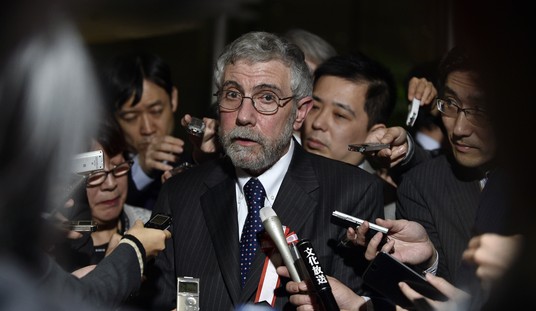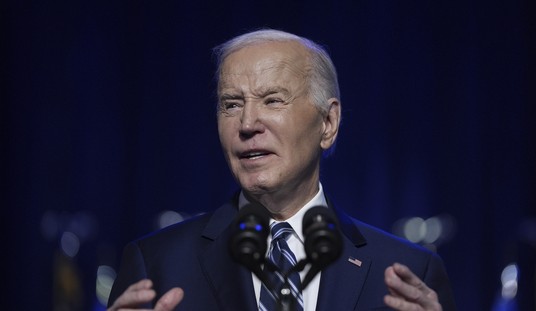However, what happens when less regulation leads to improved safety? Will the regulators back off to protect consumers or keep fighting to protect their turf?
A real world test of that question has been provided by the innovative ride-sharing service Uber. Rather than hoping to hail a taxi, consumers can simply hail a driver using their smart phone app. The service has delivered over a billion rides in just six years.
But that success infuriated regulators and politicians like New York City Mayor Bill de Blasio. They claim that Uber is more dangerous than taxis because it is not heavily regulated by political appointees.
A new study, released by Angela K. Dills of Providence College and Sean Mulholland of Stonehill College, shows that reality is the opposite of what the regulators and politicians portray. When Uber first enters a market, there is a "6 percent decline in the fatal accident rate" and more than a 50 percent decline in DUIs.
Not only that, the safety improvement continues to grow the longer that Uber is in a market. "For each additional year of operation, Uber's continued presence is associated with a 16.6 percent decline in vehicular fatalities." That seems logical as more and more people get in the habit of using the ride-sharing service.
Recommended
For those who place their faith in the Regulatory State, these results don't make any sense. How can an unregulated service be safer than a heavily regulated service? The answer is that Uber is heavily regulated by consumers. They are a much tougher audience to satisfy than bureaucrats. If the company does not provide a safe and convenient service, people will not use it.
A couple of generations ago, consumers had very little information before they got into a taxi. How could you know which car was reliable? How could you be sure the driver wasn't taking a longer route to drive up the fare? In that environment, it made some sense to have established rates and safety guidelines.
But times have changed because technology has empowered individual travelers. They can negotiate the price in advance and follow the driver's route on their GPS. They can also share their experiences -- good and bad -- with others.
Add it all together and those who advocate public safety should be welcoming Uber and similar services with open arms. But politicians and regulators are doing just the opposite. Austin, Texas, for example recently banned Uber and Lyft. Not only that, they have launched sting operations to impound the cars of local entrepreneurs trying to fill the void and meet the consumer demand.
In other words, the politicians and regulators have declared war on services that reduce traffic fatalities and DUIs while improving customer services. Sadly, this shows that politicians and regulators are more interested in protecting their turf rather than protecting consumers.
























Join the conversation as a VIP Member